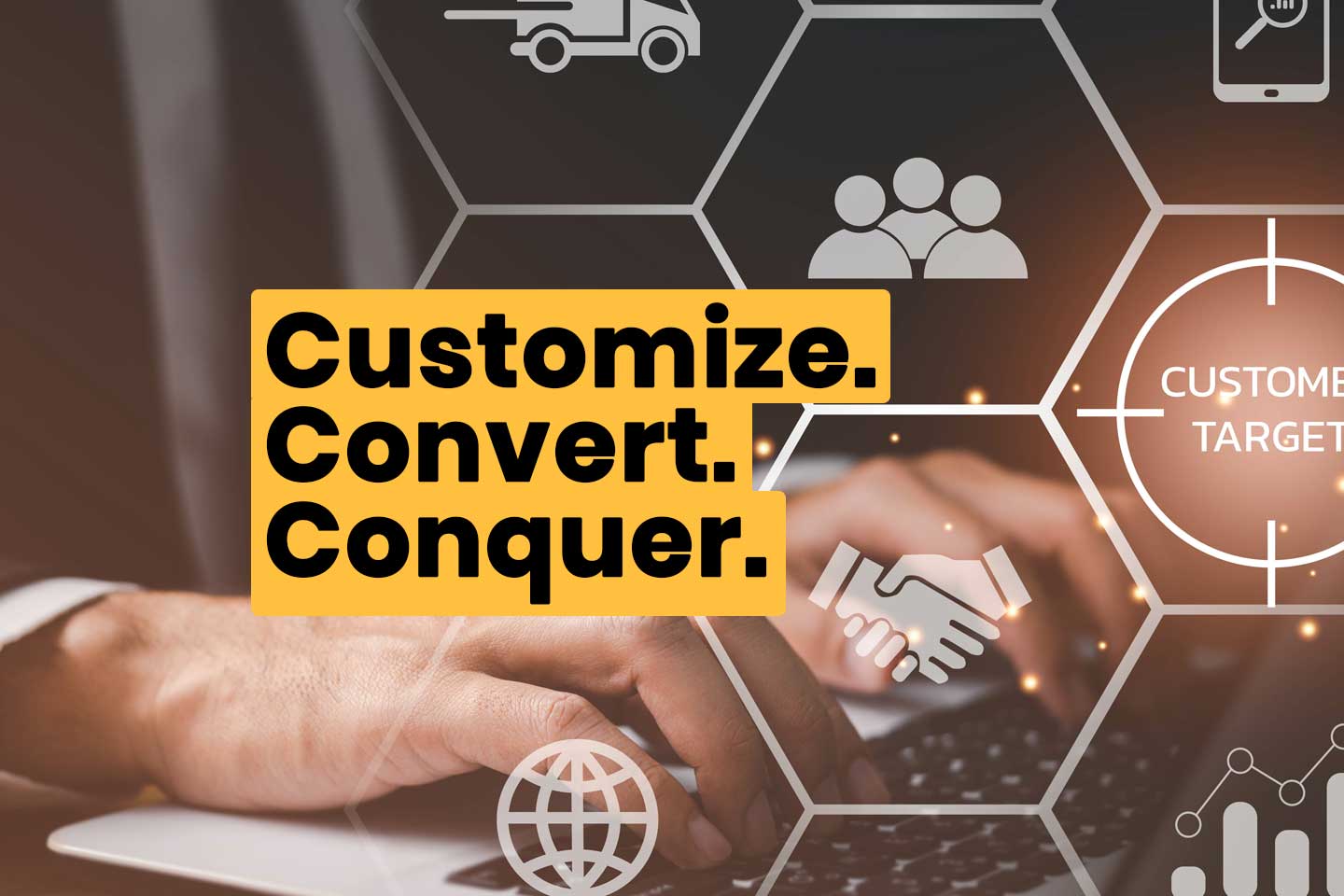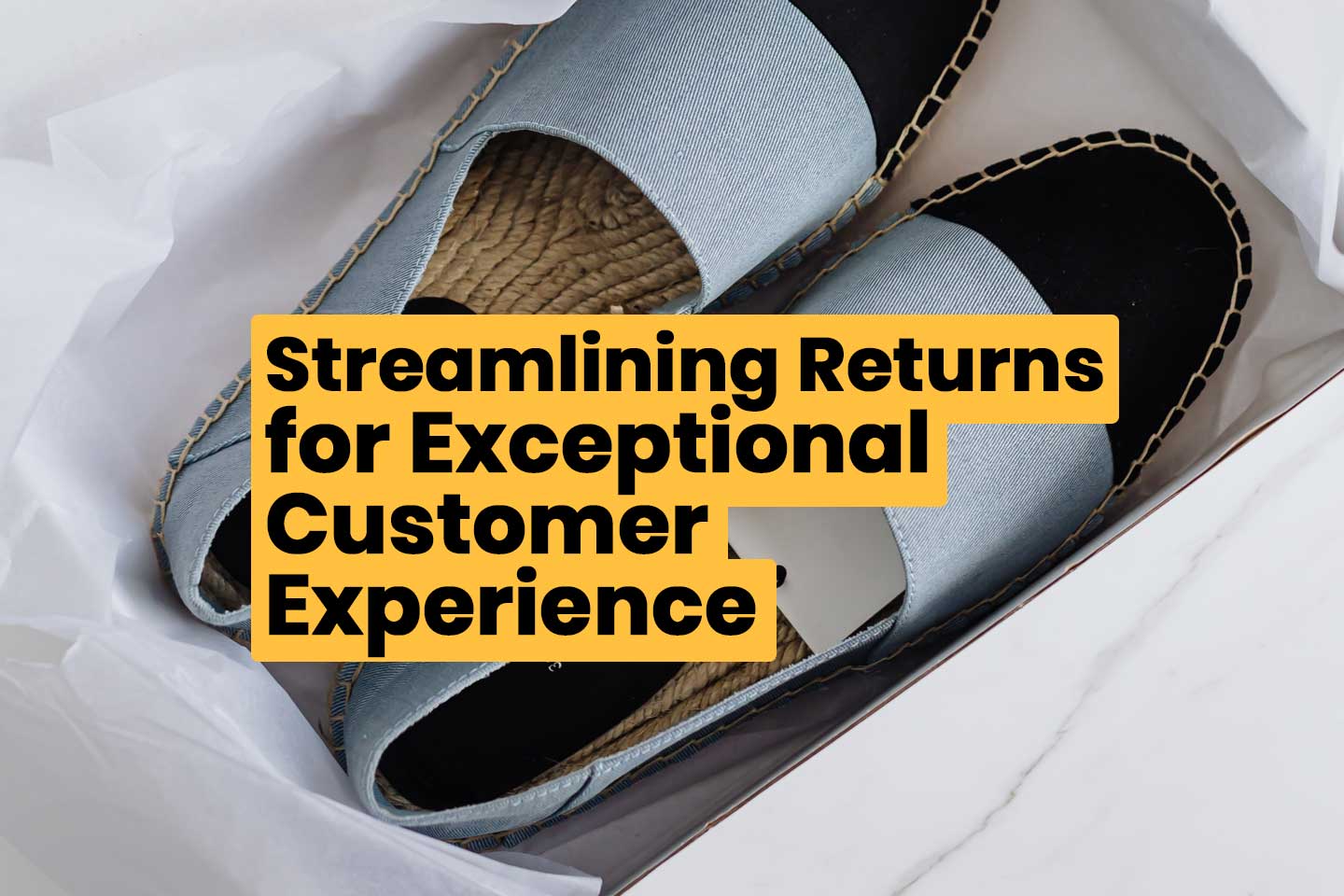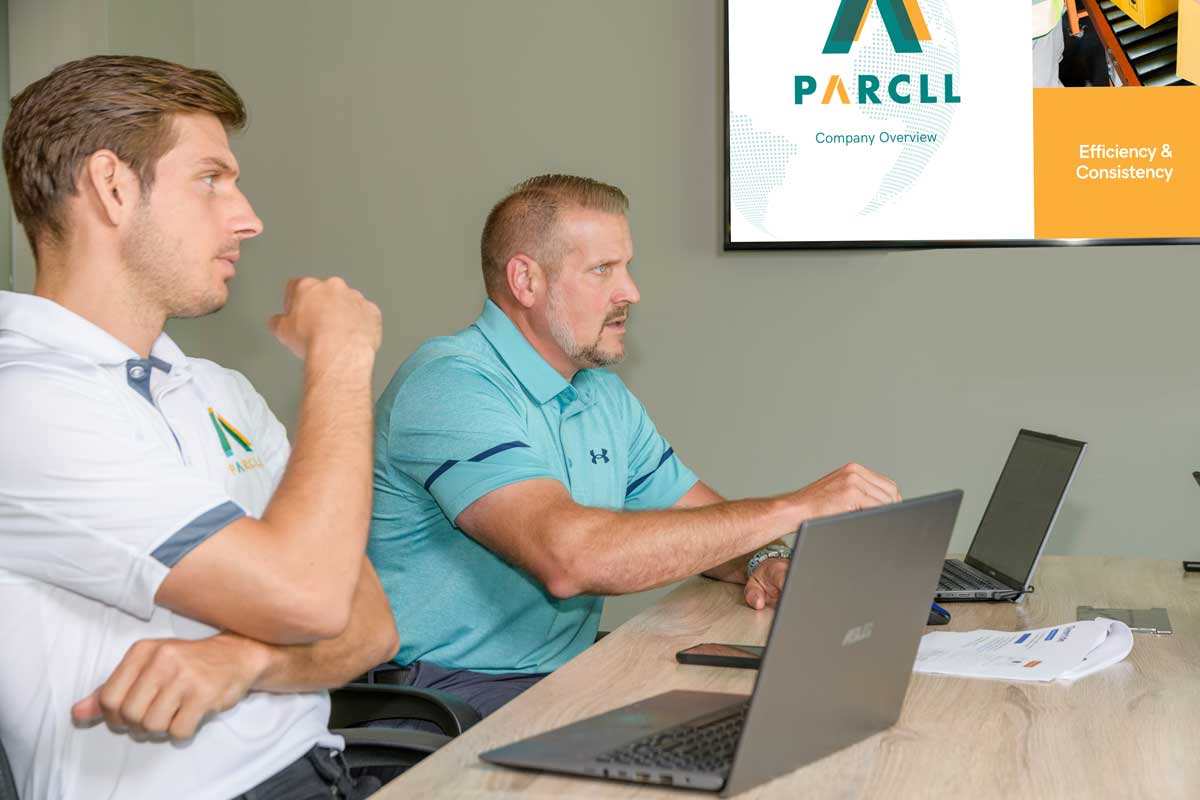The ecommerce landscape has become very competitive. We buy everything online. Optinmonster estimates that in 2022, there were 268 million online shoppers in the United States with an expected increase to almost 285 million in 2025. If you are an ecommerce retailer and don’t have a strategy to stand out from the competition, you might as well be throwing your money away. This is where ecommerce personalization is important.
One of the keyways ecommerce businesses are differentiating themselves is through personalization.
What is Ecommerce Personalization?
We’ve all received those emails that include our first name, title, and our company name. Since the days of mail-merge, marketers have integrated information about customers into messaging to personalize it. However, customizing a message to your target audience takes more than just adding a few merge fields to the text. To truly personalize an experience for an ecommerce customer means knowing the interests and preferences of the customer so that you can create a unique interaction.
In addition to using name and key information in the text, you need to make sure to only show them products or services that they’ve shown an interest in and exclude things they may not like. Don’t show them children’s toys if they don’t have kids and don’t offer discounts on your latest patio furniture if they don’t have a backyard.
Benefits of Personalized Customer Service
Ecommerce customers are more likely to buy products from companies and brands they trust. Demonstrating that you know what a customer likes and dislikes as well as addressing them by their preferred names is a great way to establish a two-way relationship. Emails with subject lines about things they like are more likely to be opened. And, after all, isn’t that what we are all after?
You have to not only tell the customer that you know them; you have to show them. We are so bombarded with information today that the only messages that are memorable are those that resonate with us and speak to us personally. If you want to be remembered, you need to stand out and you need to speak directly to the customer.
Effective Strategies for Ecommerce Personalization
· Have a Conversation
Keep in mind every time you reach out to your customers that you are having a conversation with them and not shouting your headlines or ad slogans.
· Keep Their Best Interests in Mind
If a customer thinks you’re wasting their time, either by promoting the wrong product, or showing them something they don’t like, they are less likely to open your next email – even if it’s relevant
· Collect Data
Make sure you know as much about your customer as possible. For first time visitors, learn what items they wishlisted or added to their cart, what pages they spent the most time on and which pages they visited. For returning customers, examine their past purchases, their average order value and any interactions with email or social media.
· Personalize the Post-Purchase Experience
The post-purchase experience refers to the interactions that occur between the customer and the retailer after a purchase has been made. Increase the likelihood of repeat purchases by personalizing order confirmation emails, shipping notifications and cross-promotion and upselling offers.
How WISMOlabs can help
WISMOlabs integrates with the most popular ecommerce platforms to seamlessly provide a unique post-purchase experience. We have helped increase repeat sales and lower WISMO calls for thousands of ecommerce retailers. Our branded tracking page allows the customization of the post-purchase experience so that you continue your personalized engagement with your customers throughout the entire customer journey.
Conclusion
Personalization is a powerful tool for ecommerce businesses, and the post-purchase experience is an area where personalization can have a significant impact. By personalizing the customer experience during and after the purchase, ecommerce businesses can increase customer satisfaction, encourage repeat purchases, and foster brand loyalty. In today’s competitive ecommerce landscape, personalization is no longer a luxury, but a necessity for businesses that want to succeed.



